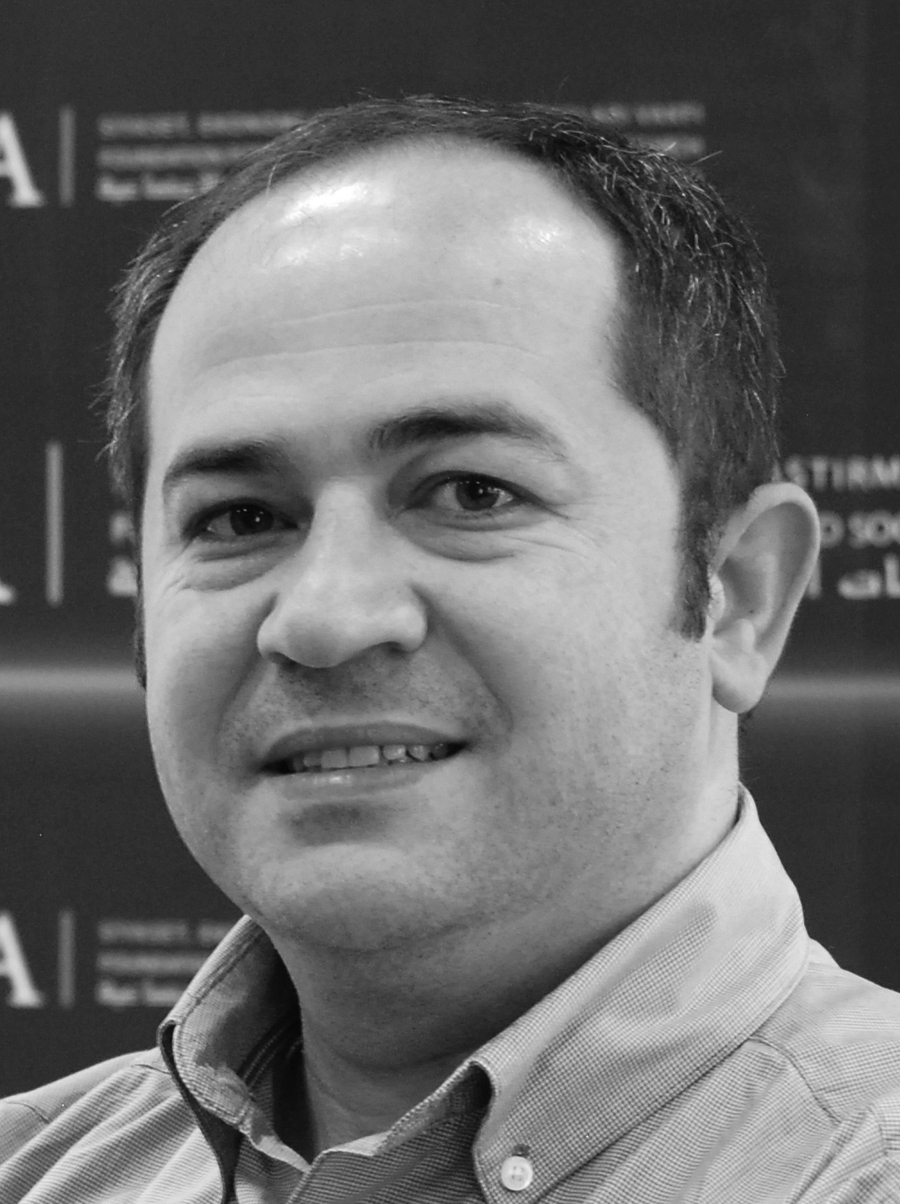The change in the İmralı process resulted in a positive atmosphere in Turkey regarding the disarmament of the outlawed Kurdistan Workers’ Party (PKK) and resolution of the Kurdish issue. Whether positive developments will follow this positive atmosphere depends on the State’s political will to resolve the Kurdish question and decision of the Kurdish movement on the PKK’s disarmament. The governing party is capable of resolving the Kurdish issue; however, the armed struggle has been an obstacle to democratic initiatives of the government for a long time. Therefore, the future of the new process depends on whether or not the PKK will lay down arms. It is necessary to analyze the Republic’s relation with political identities from a historical perspective in order to better understand how the PKK will contribute to the resolution of the Kurdish issue and the democratization of Turkey if it disarms and ends terrorist acts.
The Kurdish issue we face today in the form of a demand for an ethno-political identity is a product of authoritarian Kemalist nation-building project. Motivation for building a nation has torn the social texture and caused irreparable damages in every country it influenced. The Kemalist regime in Turkey resorted to radical secularist and nationalist policies in order to build the nation it desired thus creating a problem of democracy for many groups in the country. Kurdish issue has been linked to different political agendas during different periods; however, the Kurdish issue is one of the significant results of the long- standing democracy problem. In this sense, the Kurdish issue does not result from the fact that the Kurdish people do not have autonomy. The reason lying behind the Kurdish issue is that Kurdish people are unable to live in an undemocratic regime. Created by the lack of democracy, the Kurdish issue can, therefore, only be resolved through democratic reforms rather than through an independent state or models of autonomy. This is not a normative argument. It is based on the integration of the Kurdish people with Turkey. Kurdish people are geographically dispersed over Turkey and they have integrated with each group in Turkey: they have become relatives, neighbors, friends; they have established business partnerships. They have undergone socialization processes. Therefore, what Kurdish people need is not an autonomous state. Kurdish people will find peace if Turkey adopts a democratic political system. In such an environment, the future of Kurdish people depends on the future of Turkey.
Kurdish and religious people as well as various social-political groups suffered from the Kemalist nation-building project which was imposed through secularist and nationalist policies. The regime perceived Kurdish and religious people who resisted this nation-building project as “threats.” During the Republican history, the regime legitimized its tutelary and authoritarian structure on the grounds that there are threats of sharia and separatism. These threats were used as excuses to carry out military coup d’états, to institutionally strengthen tutelary regime, to abolish political parties, to block political pursuits and to suppress social movements. In brief, lack of democracy was presented as an obligation and a national security measure.
However, these two social-political groups—which were presented as threats by the regime—received a widespread support from the society and obtained a strong intellectual and political representation in the 1990s. Although the regime tried to suppress these movements through more refined methods, it triggered a democratization movement that would put an end to the regime in the future. Since the beginning of the 2000s Turkey took decisive steps towards democratizing the political regime. The ruling Justice and Development Party (AK Party) led by people who are considered as Sharia threats first convinced the society that it does not pose a threat and then adopted a strategy to do away
In this article
- Domestic Policy
- Opinion
- 1990
- 2000
- Abdullah Öcalan
- Global Actors | Local Actors
- İmralı
- Kemalism
- Kurdish Community
- Kurdish Movement
- Kurdish Question
- Kurdistan Workers' Party Terrorist Organization (PKK)
- PKK - YPG - SDF - PYD - YPJ - SDG - HBDH - HPG - KCK - PJAK - TAK - YBŞ
- Terror
- Türkiye's Justice and Development Party | AK Party (AK Parti)


